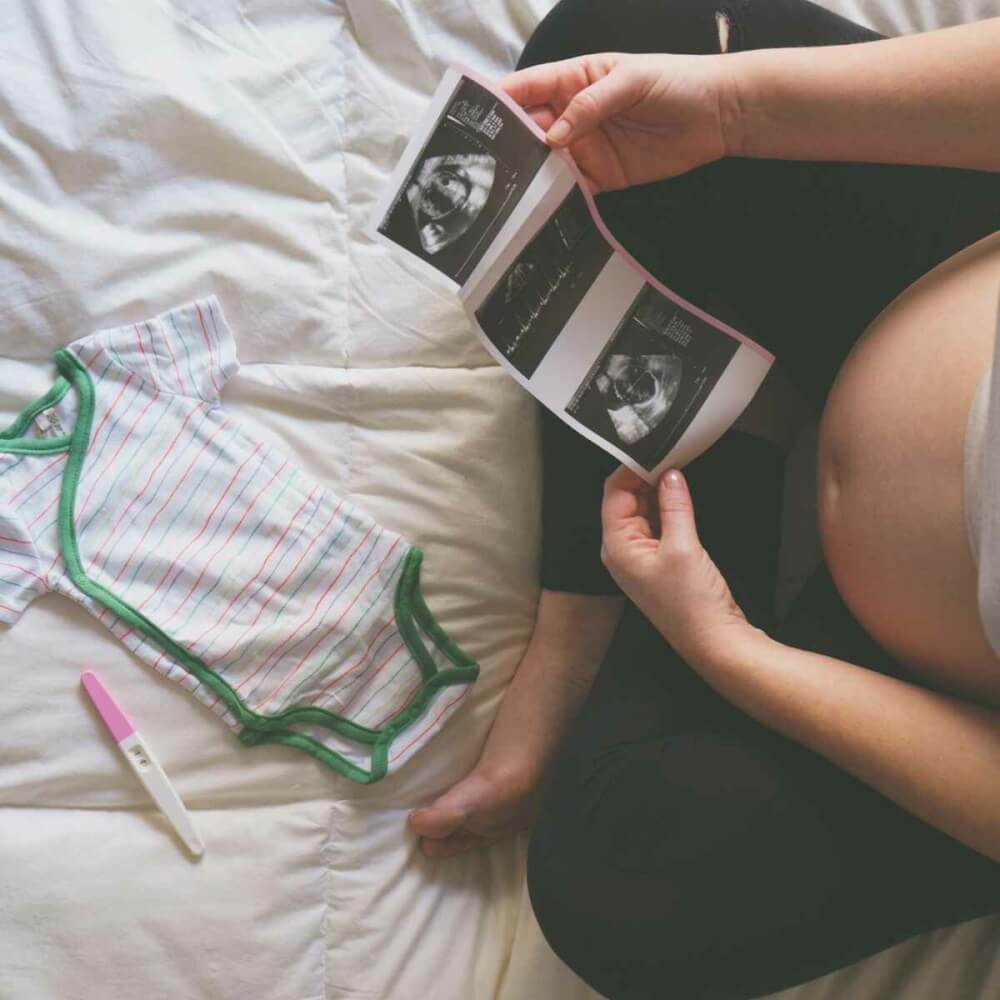What increases my risk of a postpartum mental health condition?

For many parents, having a baby is a mixed bag of emotions. It can be one of the most joyous and fulfilling periods of life but at the same time one of the most stressful and disruptive. Having a mental health condition can make it difficult to experience the highs of motherhood and can make the lows of the journey feel so much lower.
Mental health conditions, especially postnatal anxiety and depression, can affect cognition, social drive, motivation, appetite and sleep; all the things that are already so very fragile in the postpartum period.Mental health conditions do not discriminate from person to person (anyone can experience mental health conditions), yet there are certain risk factors to bear in mind when it comes to maternal mental health. Some risk factors to keep in mind are:
Biological factors:
A family history or personal history of mental health conditions can increase a person’s risk of experiencing postnatal mental health difficulties.Personal:
An anxious or perfectionist personality may contribute to setting unrealistic standards, worry and self criticism.Social:
Lacking practical or social support from family or friends can make looking after a newborn extremely isolating, lonely and even more difficult.Environmental:
- A history of abuse (sexual, emotional, physical);
- Drug/alcohol misuse;
- Increased life stresses (special care needs of baby, moving house, job loss, financial stress for example); and
- Traumatic pregnancy or birth.
The sooner a mental health condition can be picked up and addressed, the better. If you know that you may be at a higher risk of experiencing mental health difficulties then it’s a good idea to mention it to your health care provider and partner/family/close friend during your pregnancy.In addition to this you can also help yourself by eating nutrient dense meals regularly (lots of fresh leafy greens, veggies, fruit, nuts and seeds), staying hydrated with water and doing some gentle exercise outdoors, such as walking. Once baby arrives, reach out and ask for help, especially when it comes to catching up on sleep. If possible, ask family or friends to mind your baby while you take a nap or just switch off to have some time alone. If you are concerned about your pre or postnatal mental health your first port of call should be a GP who you trust and have confidence in, followed by your partner or close friend or family member. The following support services are also available: PANDA (Perinatal Anxiety And Depression Australia) Beyond Blue Life Line 13 11 14
Louise Hurley runs Strong Mums in New South Wales, . Learn more about Louise and Book your Trial today.
Comments Off on What increases my risk of a postpartum mental health condition?
More stories by Louise Hurley
All stories by Louise Hurley
